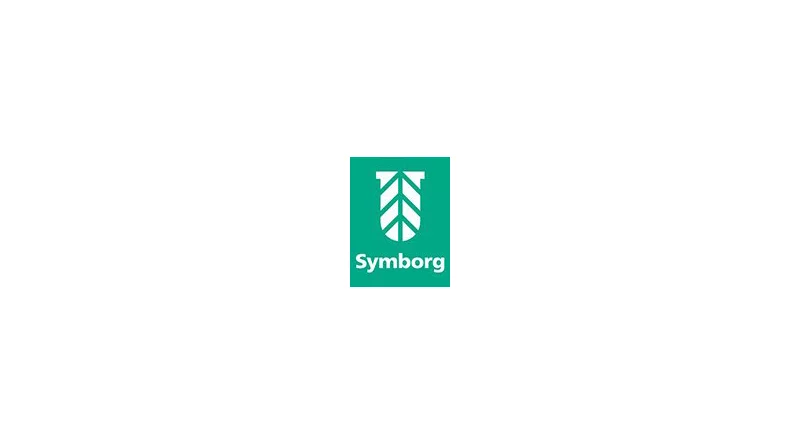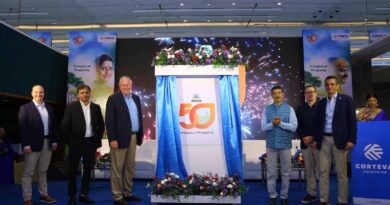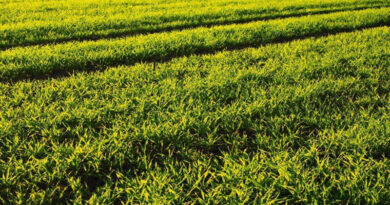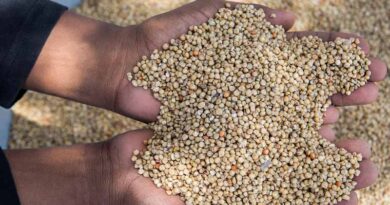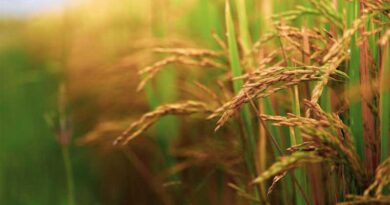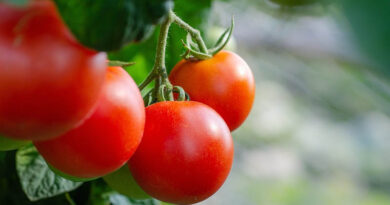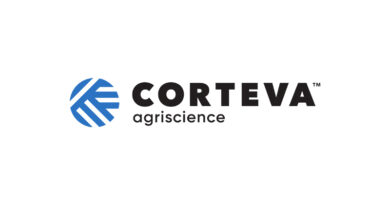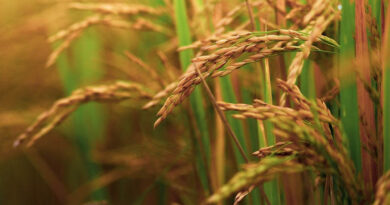How to increase the value of seeds?
20 July 2023, US: Throughout history, agriculture has successfully increased the productive potential of seeds thanks to innovation and plant breeding, playing a crucial role in crop yields and global food security.
Nevertheless, the challenges just keep on coming. It’s no longer just about making seeds more productive; it’s about using resources more efficiently and being more sustainable, reducing the impact of agricultural activities on the environment.
Thus, by being more sustainable and using resources more efficiently, farmers and the seed industry can also improve their profitability, offering seeds with a sustainable value, and therefore, seeds that are a cut above the rest in the market.
Do you want to know how to increase the value of seeds? Keep on reading.
BE SUSTAINABLE TO BE PROFITABLE
In a context where the global population continues to increase and food production is responsible for 20% of greenhouse gas emissions and 70% of freshwater consumption worldwide, it’s more important than ever to combine profitability and sustainability.
To do this, the key lies in using resources such as water and nutrients more efficiently. How can you do this from the seed?
We at Symborg propose biological solutions for seed treatment based on microorganisms and biomolecules that enable the germinated plant to get more water and nutrients, aside from an improved root system and an increase in its photosynthetic activity.
This way, the plant is able to use water much more efficiently, increasing the crop biomass produced per unit of water used (WUE) by 25%. This is absolutely vital in a context where—on top of everything—there are more and more droughts and water stress conditions.
At the same time, you can increase nutrient uptake by more than 30%, as the improved root system connected to beneficial microorganisms enables plants to explore a larger soil surface, and therefore, absorb nutrients at a lower energy expenditure.
This level of efficiency is important in field crops because this treatment has a long-lasting effect over long periods of time with no fertilizers needed and with an optimal uptake of all nutrients, particularly those with a low turnover such as phosphorus (P) and calcium (Ca).
BETTER CO2 CAPTURE TO HELP WITH CLIMATE CHANGE MITIGATION
Increased yields and profitability can go hand in hand with sustainability. Biological solutions for seed treatment contribute towards mitigating climate change, as the plants will be able to capture more CO2 and sequester it in the soil as an effect of symbiotic relationships arising from beneficial microorganisms and roots.
These are sustainably produced biological products that serve as efficient solutions that do not generate emissions or waste. This way, you can reduce your environmental footprint and boost your market value.
Take a look at this data: each hectare of cereal treated with our exclusive mycorrhiza-forming fungus Glomus iranicum var. tenuihypharum would mean a reduction in CO2 emissions per year equivalent to the emissions from 450 cars. If all the land under cereal production in the world were treated, there would be a reduction in CO2 emissions per year equivalent to 30 times the emissions from the city of New York.
BERSO, THE INDUSTRIAL SOLUTION FOR SEED TREATMENT
At Symborg, we look after crops from the seed. We do this thanks to Berso, our business unit that develops biological solutions for seed treatment at the industrial level which are compatible with conventional treatments.
We have two biostimulant products, Resid HC Industrial and T-78 Industrial (available soon), which help increase yields, overcome stress factors and improve water and nutrient uptake.
Resid HC Industrial is composed of the exclusive mycorrhiza-forming fungus species Glomus iranicum var. tenuihypharum, which—as we mentioned earlier—increases water and nutrient use efficiency, improves the root system and enhances the plant’s physiological activity, reaching a shelf life of up to 18 months in the seed.
In contrast, T-78 Industrial is a biostimulant composed of the beneficial fungus Trichoderma harzianum T-78, a strain that’s distinguished by its great persistence and adaptability to all soil types. Among its benefits is stimulating seed generation in the long run, leading to plant growth, flowering and performance.
Together, we can create differentiated, productive and profitable seeds with a high market value.
Also Read: LI-COR onboards new distributor DTPLENVIRO Techsolutions to expand its presence in India
(For Latest Agriculture News & Updates, follow Krishak Jagat on Google News)

